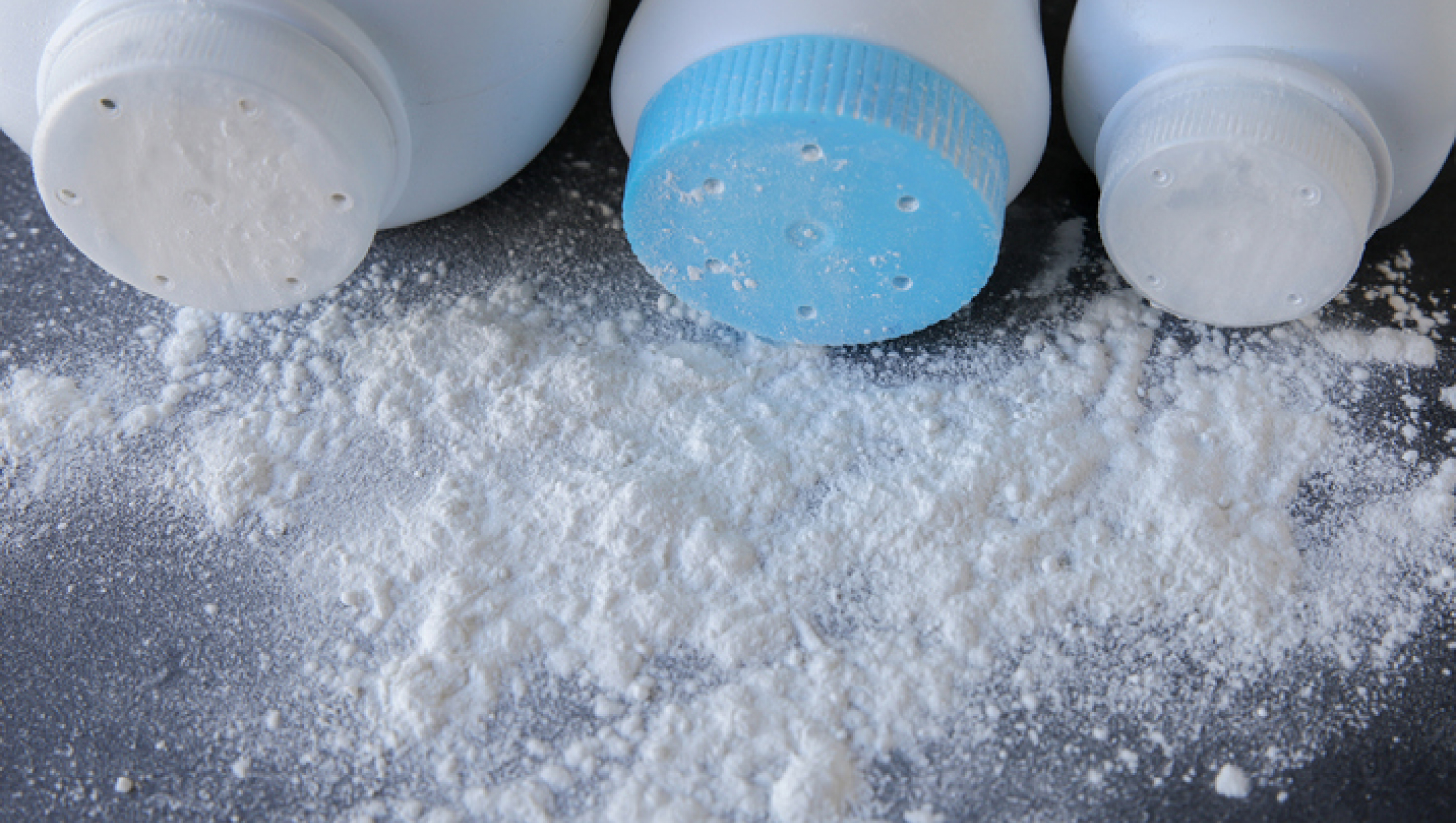Agriculture is the backbone of the global economy, and farmers constantly seek innovative solutions to enhance crop yield, protect soil health, and ensure sustainable practices. One such natural mineral making significant strides in agriculture is talc powder, a versatile resource with various applications that cater to soil conditioning and pest control. Known for its purity and exceptional properties, talc powder is increasingly gaining recognition across farming communities for its profound benefits.
Enhancing Soil Quality with Talc Powder
Soil health is the foundation of successful farming. Over time, soils can lose their fertility due to excessive cultivation, chemical exposure, and natural erosion. Talc powder plays a pivotal role in rejuvenating soil by improving its structure and nutrient-retention capabilities. As a natural mineral, talc is non-reactive and contributes to maintaining the soil’s pH levels. Its lamellar structure promotes better aeration, ensuring roots have ample space to grow while facilitating water infiltration and retention.
Additionally, talc powder helps reduce soil compaction, a common problem that restricts root growth and nutrient absorption. Farmers and agronomists widely use talc powder to condition soil, enhancing its texture and fostering an ideal environment for plant growth. These attributes make it an indispensable addition to modern sustainable farming practices.
Talc Powder in Pest Control and Disease Management
Crop protection is a constant challenge in agriculture. Pests and diseases not only reduce yield but also compromise the quality of produce. Talc powder has emerged as an effective, eco-friendly solution in this domain. It acts as a natural insect repellent and fungicide, minimizing the need for synthetic chemicals that harm the environment and disrupt ecological balance.
When applied to plants, talc powder creates a fine layer that acts as a physical barrier against pests. Its hydrophobic nature helps prevent fungal infections by reducing moisture accumulation on plant surfaces. Furthermore, talc powder’s natural properties discourage insects from laying eggs, thereby breaking the life cycle of pests. These features make talc powder a practical choice for organic farming, aligning with global efforts toward chemical-free agriculture.
Applications of Talc Powder in Crop Handling
Beyond soil conditioning and pest control, talc powder plays a crucial role in the post-harvest stage. During seed planting, talc powder is often used as a coating to enhance seed flowability, preventing clumping and ensuring even distribution. This results in uniform germination, a critical factor for achieving optimal yields.
Talc powder also protects seeds from pathogens during storage. Its inert nature prevents the growth of mold and mildew, which can compromise seed quality and viability. Farmers who utilize talc-coated seeds often report healthier crops and reduced losses, showcasing the mineral’s importance throughout the agricultural cycle.
Talc Powder in Sustainable Agriculture
The growing emphasis on sustainability has shifted the focus towards practices that conserve resources and reduce environmental impact. Talc powder aligns perfectly with these goals due to its natural origin, biodegradability, and non-toxic nature. Unlike synthetic chemicals, talc powder does not leave harmful residues in the soil or water, making it safe for long-term use.
Moreover, talc powder contributes to precision farming. By improving soil and crop health, it minimizes the need for excessive fertilizers and pesticides. This, in turn, reduces input costs for farmers while promoting healthier and more sustainable farming ecosystems. With these benefits, talc powder is paving the way for a greener future in agriculture.
The Role of Talc Powder in the Agricultural Industry
The versatility of talc powder has cemented its position in the agricultural industry. From acting as a soil conditioner to serving as a pest control agent, it addresses multiple challenges faced by farmers. By improving soil structure, repelling pests, and safeguarding seeds, talc powder ensures healthier crops and higher yields.
Moreover, talc powder’s role in eco-friendly practices cannot be overstated. As the world shifts toward sustainable agriculture, the demand for natural solutions like talc powder is poised to grow exponentially. Its effectiveness and compatibility with organic farming methods underscore its importance in addressing contemporary agricultural needs.
Partnering with a Reliable Talc Powder Supplier
For farmers and agricultural businesses looking to harness the benefits of talc powder, choosing a trusted supplier is paramount. Working with a reputable Talc Powder exporter in India ensures access to high-quality, pure talc powder tailored to specific agricultural needs. The quality of talc powder directly influences its effectiveness in soil conditioning, pest control, and other applications, making it essential to invest in the best.
Unleashing the Potential of Talc Powder in Agriculture
As global agriculture continues to evolve, natural resources like talc powder are becoming indispensable. With its ability to enhance soil health, combat pests, and support sustainable farming, talc powder is more than just a mineral—it is a solution to modern agricultural challenges.
In particular, Talc Powder in Agriculture Industry plays a transformative role in driving efficiency and eco-friendliness. By integrating talc powder into farming practices, farmers can achieve better results while preserving the environment for future generations.
Embracing talc powder as a vital agricultural input is not just an investment in productivity—it is a step toward a more sustainable and prosperous agricultural future. Farmers worldwide are unlocking its potential to nurture their fields, protect their crops, and secure their livelihoods.

